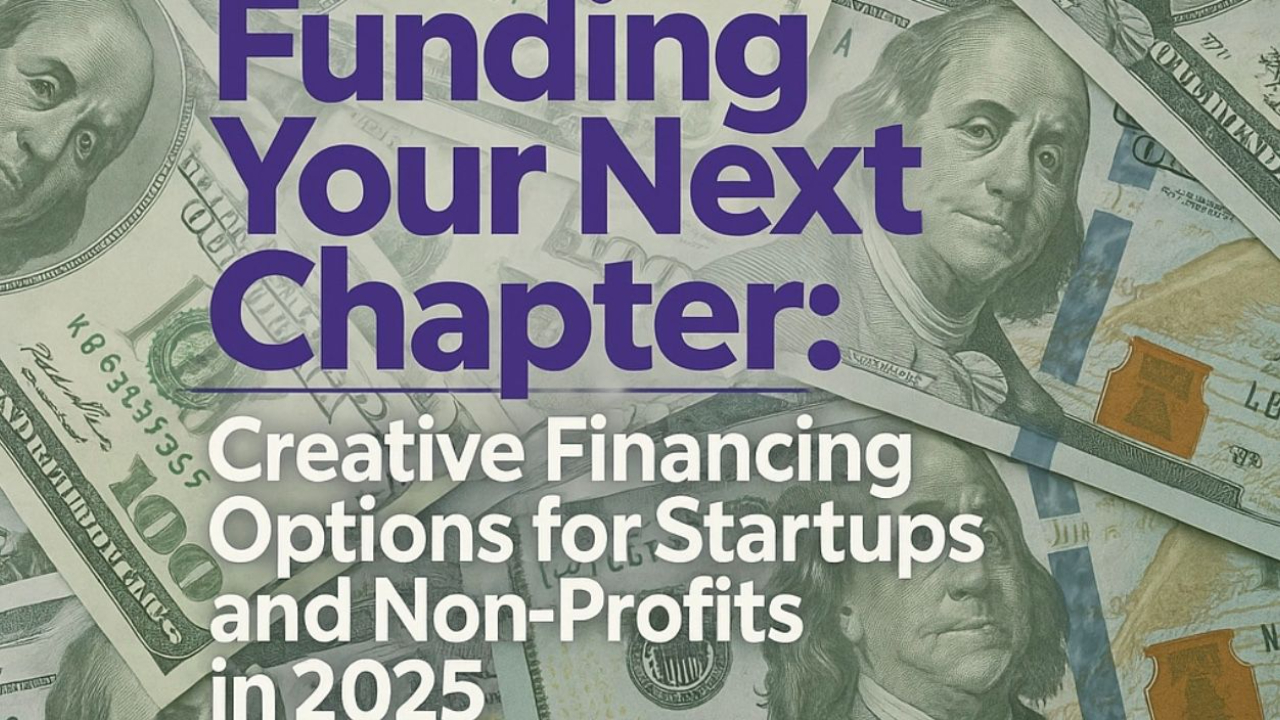
Do You STRUGGLE With Compulsive Spending?
Compulsive spending involves feeling compelled to spend money on items you don’t really want or need. In some cases, you might spend money on items you already have plenty of. For example, even though you love getting new shoes, if you already have 20 pairs of them, it’s probably safe to say you don’t need another.
Signs You May Be Spending Compulsively
Do any of these signs feel familiar?
1. You spend all your money as soon as you get it. On payday, you might pay some bills. Then, any money you have leftover, you happily go out to spend.
Maybe there’s a big clearance on home improvement tools or the dress boutique is having a going out of the business sale. Whatever the case, you deplete the monies you obtain.
2. You use charge cards to buy items when you have no money. A financially dangerous habit, using charge cards to keep buying once the cash is gone can devastate your money and living situations.
3. You shop when you feel moody, anxious, or upset in some way. Your feelings largely depend on whether you’re shopping, since shopping comforts you during any stress.
4. You feel your spending is out of control. No matter what you do, you just can’t stop.
5. Your shopping causes difficulties in your life. You perhaps have arguments with your spouse about all the money you spend. Sometimes, you aren’t honest about what you spent.
How to Stop?
If you experience even one of these points above, there’s a real possibility you’re dealing with compulsive spending.
"Work hard to gain an understanding of your drive to spend compulsively."
Use these strategies to quell your urges to spend:
1. Make a contract with yourself to stop spending. Write it out and sign it. Find the confidence to change your direction.
2. For now, remove credit cards from your wallet. If you believe you have the fortitude to use a credit card only for emergencies, keep only 1 card in your billfold. Pay cash for everything. Budget your daily cash amount and when you run out of cash, you’re done spending (on anything) for the rest of the day.
3. Contemplate your money situation. How long has it been going on? How did you get started spending compulsively? Are there specific situations that trigger you to shop now? How do you feel when spending money? Work hard to gain an understanding of your drive to spend compulsively.
4. Charge yourself for spending. Every time you spend money on something other than groceries, gas, or utility bills, pay yourself $20.00. This means you must put back the $20.00 to have it ready when the bill for the frivolous items comes in.
5. Write down all expenditures. When you see on paper the amount you spent and what you spent it for, it somehow becomes real. In a sense, you’re forcing yourself to think about and process what you’re doing.
6. Examine the possessions you already have. Do you like and use all of them? If you have several debts due to your past credit card spending, think about how you can return or re-sell some of the items you’ve purchased haphazardly. Then, use that money to pay off the debts.
7. Recognize spending money doesn’t buy you happiness. Be honest with yourself: has surrounding yourself with stuff you bought with your hard-earned the money provided you the life you truly seek?
8. Empower yourself by becoming more conscious about how spending affects your life. List the ways your life would change if you had no debt and usethe money wisely.
9. Make contact with the Financial/Money Coach. Asking for help is the wise thing to do whenever you believe your spending is out ocontrol. Investing in Financial Therapy can provide support for you to get your life back on track.
"Compulsive Spending involves feeling compelled to spend money on items you don't really want or need."
If you’ve identified yourself as one who spends compulsively, you’ve taken a first step in the right direction. Making a contract, avoiding credit cards, charging yourself for spending, keeping track of expenditures, and returning or re-selling unused purchased items will help you get a grip.
Also, listing how your life will change when you stop spending, realizing spending doesn’t make you happy, and going to a Financial Therapist/Coach will set you on a positive path to real emotional and financial freedom.

Imagine having all the tools & support you ever needed to start your dream business... today.
I'm talking not only heftier numbers in that bank account. I'm talking the freedom to do what you want, when you want, because you can work however you want, whenever you want.
















